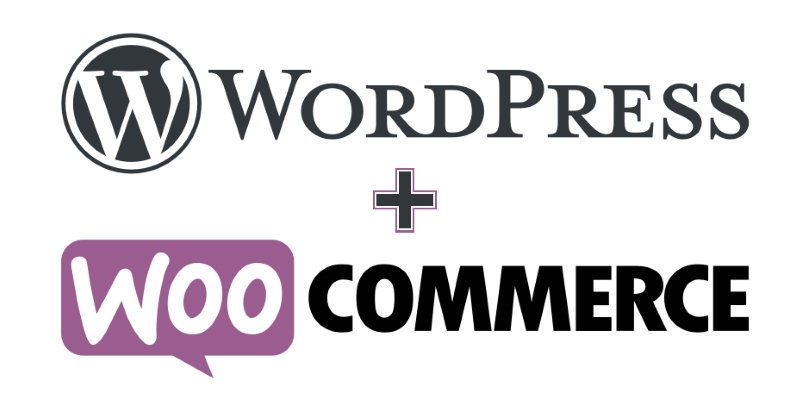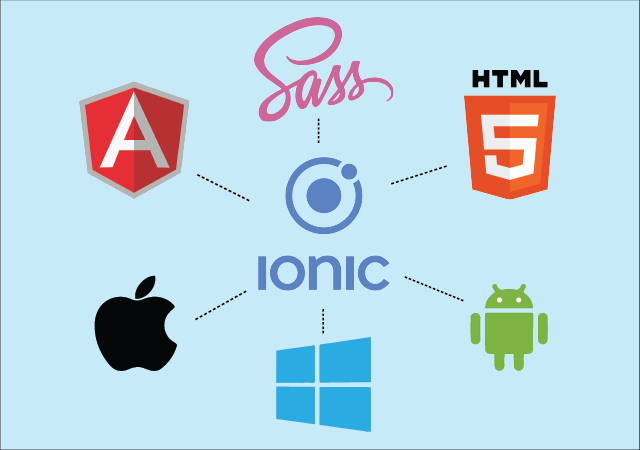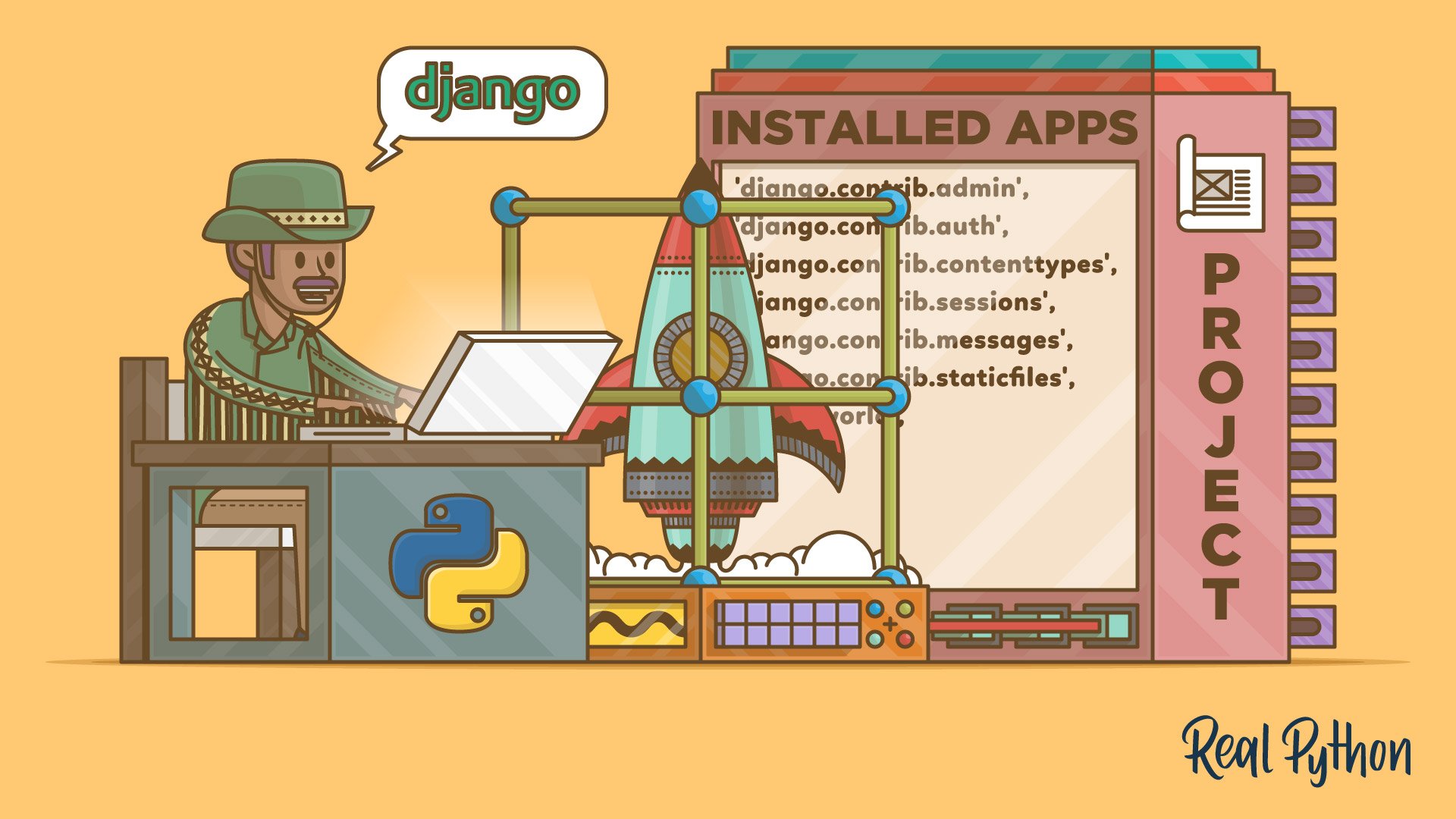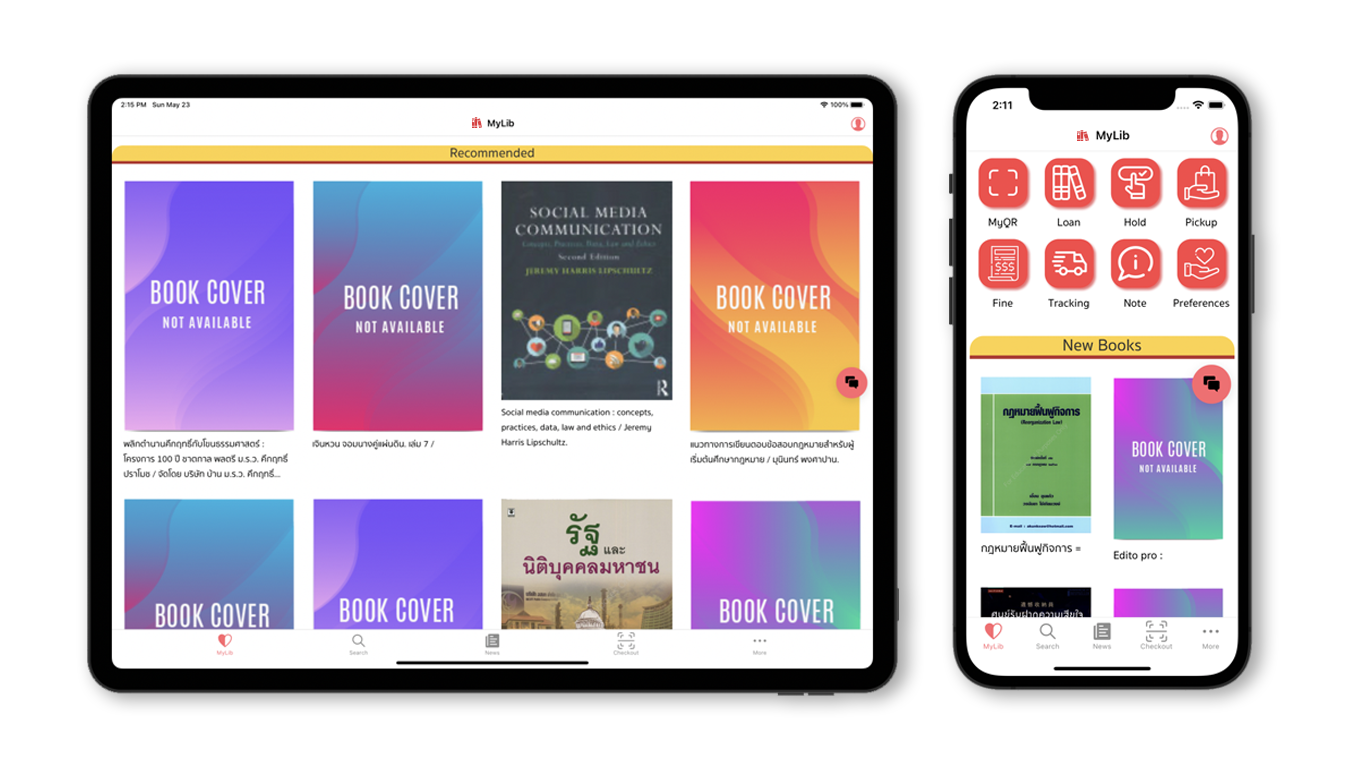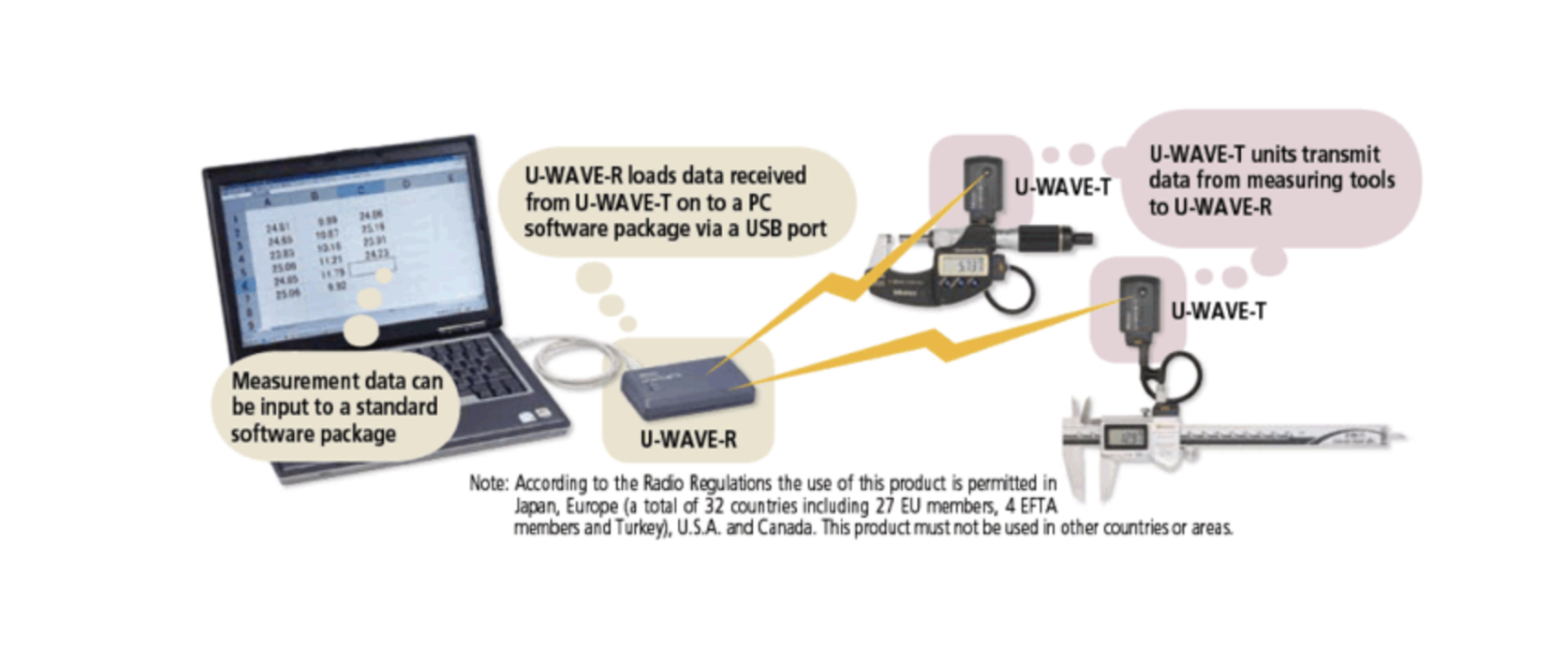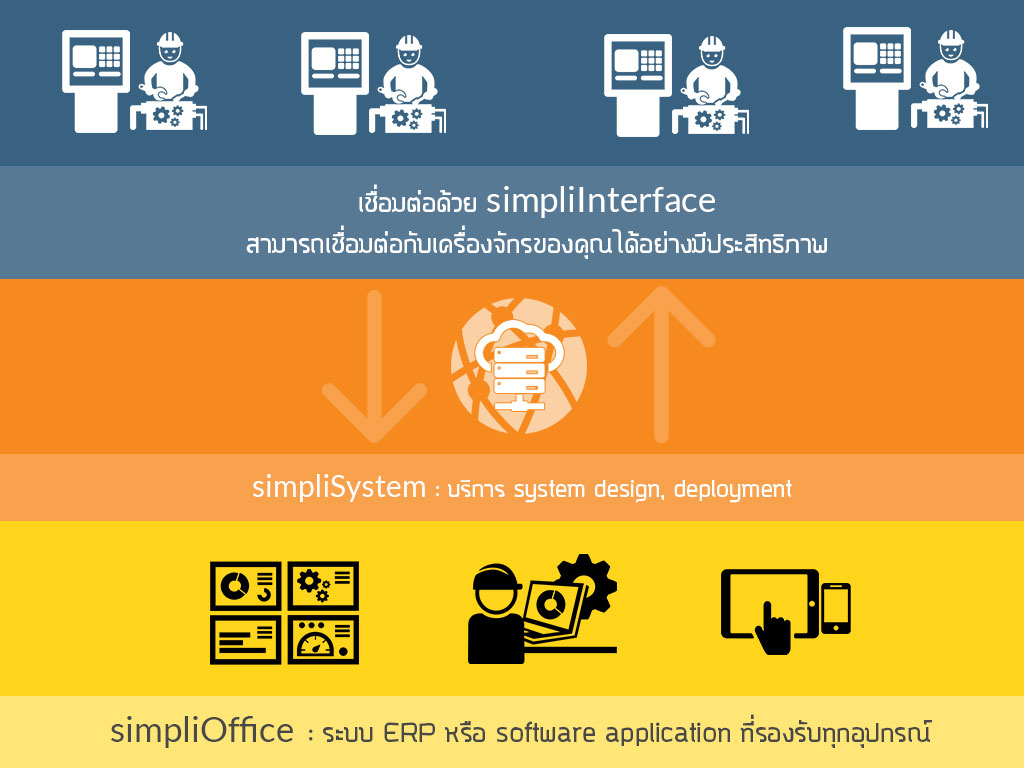Supercharge Your Marketing with Django-Powered CRM & Personalized Recommendations
In today’s data-driven world, online marketers are constantly seeking ways to better understand and engage users. What if you could leverage user data to create personalized campaigns that resonate on a deeper level? With a Django-powered CRM integrated with Mixpanel and Amplitude, you can achieve just that.
In this post, we’ll walk through how this system can drive user engagement, increase conversions, and improve customer retention—all while streamlining your marketing efforts.
Why Personalization Matters in Marketing
Today’s users expect a personalized experience. They want content, offers, and recommendations that feel relevant and timely. Studies show that 80% of consumers are more likely to make a purchase when brands offer personalized experiences.
By combining a Django backend with powerful analytics from Mixpanel and Amplitude, you can harness real-time user data to understand behaviors, segment your audience, and tailor campaigns to each unique user. This approach helps you send the right message to the right person at the right time, increasing the likelihood of engagement and conversion.
How a Django-Powered CRM System Works with Mixpanel and Amplitude
The Django backend serves as the backbone for your CRM, managing user profiles, segmentation, and real-time updates based on user behavior. When integrated with Mixpanel and Amplitude, the system gathers insights and enables personalization, transforming raw data into meaningful user experiences.
Here’s a look at the data flow in this setup:
1.Data Collection: Track every interaction users make in your app—whether they’re browsing, clicking, or buying. Mixpanel and Amplitude collect these events, providing valuable insights into user behavior.
2.Analyze & Segment: The data from Mixpanel and Amplitude is used to categorize users based on behavior, preferences, and demographics, creating segments that make targeting easier and more precise.
3.Generate Personalized Recommendations: Use the segmented data in Django to drive recommendation engines and personalized CRM campaigns, serving content and offers tailored to each user.
4.Optimize & Refine: Continuously track engagement and use this data to adjust your recommendations and campaigns, ensuring you’re always delivering the most relevant experiences.
Here’s a visual representation of the workflow:
graph TD
A[User Interactions in Mobile App] -->|Event Data| B["Frontend Analytics (Mixpanel/Amplitude SDK)"]
B -->|Behavior Data| C[Django Backend]
C -->|Process & Store Data| D[User Profiles & Preferences Database]
D -->|Segmented Data| E[Recommendation Engine]
E -->|Recommendations| F[CRM Campaigns in Django]
F -->|Personalized Content| G[Mobile App Display & Notifications]
G -->|Engagement Metrics| BKey Benefits for Marketers
1. Data-Driven Decision Making
With Mixpanel and Amplitude, you gain a comprehensive view of user interactions. See where users drop off, understand what features they engage with the most, and identify the pain points in their journey. By leveraging this data, you can refine your marketing strategies based on real insights rather than assumptions.
2. Advanced User Segmentation
Using Django, you can manage detailed user profiles and categorize users based on their behavior and preferences. For example, you might create segments like “highly active users,” “frequent buyers,” or “new users” and tailor campaigns to each group. Segmentation is essential for marketers who want to send messages that resonate with each audience type, making every interaction more effective.
3. Personalized Campaigns and Recommendations
Through the recommendation engine built within Django, you can serve personalized content, offers, and notifications to your users. Imagine a returning customer who frequently views fitness-related content. By tracking these behaviors, you can send them a personalized offer for fitness products or an invite to a fitness-related webinar. This level of personalization fosters a stronger connection between your brand and the user.
4. Increased Engagement & Retention
Personalized recommendations and CRM campaigns encourage users to engage with your app regularly. When users see content that’s relevant to them, they’re more likely to stay, explore, and ultimately convert. This is key for online marketers focused on long-term customer relationships and retention.
5. Real-Time Optimization
Once campaigns are running, you can use real-time insights from Mixpanel and Amplitude to monitor engagement. See which recommendations are working, identify drop-off points, and adjust your strategy instantly. This continuous feedback loop ensures that every message, notification, and offer is optimized for success.
Practical Example: Personalized Campaigns in Action
Let’s say you manage an e-commerce app and want to increase sales for a specific product line. Here’s how you might use this Django-powered CRM with Mixpanel and Amplitude:
- Identify Audience Segment: Use Mixpanel to find users who frequently view or purchase products in the target category.
- Create Campaign: In Django, create a personalized campaign that offers a limited-time discount on the products within that category.
- Track Engagement: Use Amplitude to monitor how many users open the notification, click through, and make a purchase.
- Optimize in Real Time: Adjust the campaign based on engagement metrics. If users are engaging but not converting, you might add an additional incentive or adjust the campaign messaging.
Getting Started: Implementing the System
Interested in setting up this system? Here are the steps:
- Set Up Django: Build or integrate a Django backend for your app, with a focus on managing user profiles and storing segmentation data.
- Integrate Mixpanel and Amplitude: Set up both tools in your frontend and backend to start tracking user interactions and analyzing behavioral data.
- Develop CRM Campaigns: Create personalized campaigns in Django that utilize user segmentation to serve tailored messages and recommendations.
- Track, Refine, Repeat: Monitor the performance of each campaign and refine based on real-time insights from Mixpanel and Amplitude.
Take Your Marketing to the Next Level
By integrating a Django-powered CRM with Mixpanel and Amplitude, you’re empowering your marketing with data-driven insights and personalization. In a competitive digital landscape, the brands that win are the ones that know their customers and deliver content that matters to them.
So why wait? Start leveraging user data, creating personalized campaigns, and watching your engagement and conversions soar. Reach out to us to learn more about setting up this powerful marketing system for your app.
This approach empowers marketers to not only understand their audience on a granular level but also deliver content and offers that build stronger, more meaningful customer relationships. Ready to get started?
Get in Touch with us
Related Posts
- AI取代人类的迷思:为什么2026年的企业仍然需要工程师与真正的软件系统
- The AI Replacement Myth: Why Enterprises Still Need Human Engineers and Real Software in 2026
- NSM vs AV vs IPS vs IDS vs EDR:你的企业安全体系还缺少什么?
- NSM vs AV vs IPS vs IDS vs EDR: What Your Security Architecture Is Probably Missing
- AI驱动的 Network Security Monitoring(NSM)
- AI-Powered Network Security Monitoring (NSM)
- 使用开源 + AI 构建企业级系统
- How to Build an Enterprise System Using Open-Source + AI
- AI会在2026年取代软件开发公司吗?企业管理层必须知道的真相
- Will AI Replace Software Development Agencies in 2026? The Brutal Truth for Enterprise Leaders
- 使用开源 + AI 构建企业级系统(2026 实战指南)
- How to Build an Enterprise System Using Open-Source + AI (2026 Practical Guide)
- AI赋能的软件开发 —— 为业务而生,而不仅仅是写代码
- AI-Powered Software Development — Built for Business, Not Just Code
- Agentic Commerce:自主化采购系统的未来(2026 年完整指南)
- Agentic Commerce: The Future of Autonomous Buying Systems (Complete 2026 Guide)
- 如何在现代 SOC 中构建 Automated Decision Logic(基于 Shuffle + SOC Integrator)
- How to Build Automated Decision Logic in a Modern SOC (Using Shuffle + SOC Integrator)
- 为什么我们选择设计 SOC Integrator,而不是直接进行 Tool-to-Tool 集成
- Why We Designed a SOC Integrator Instead of Direct Tool-to-Tool Connections





